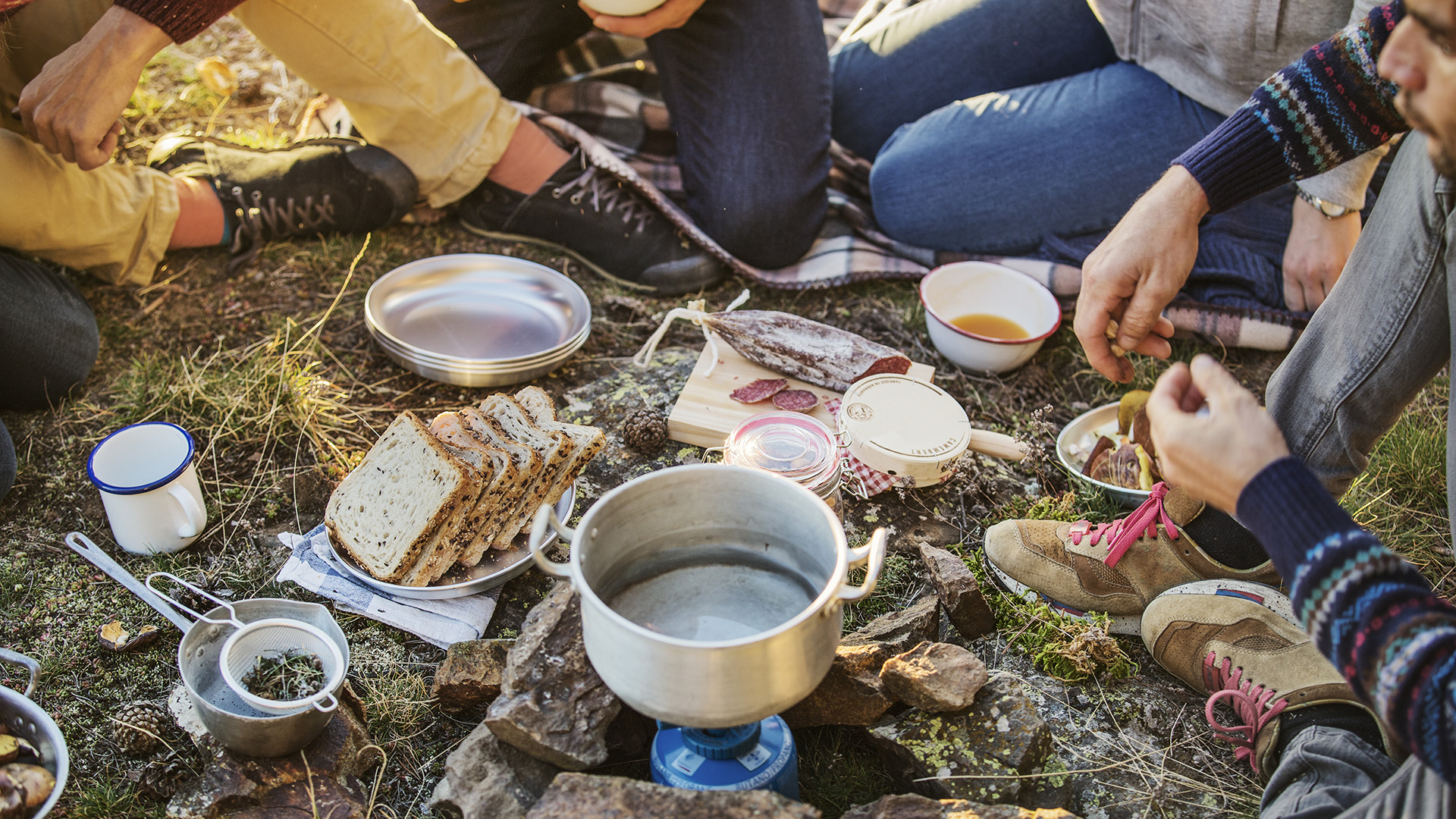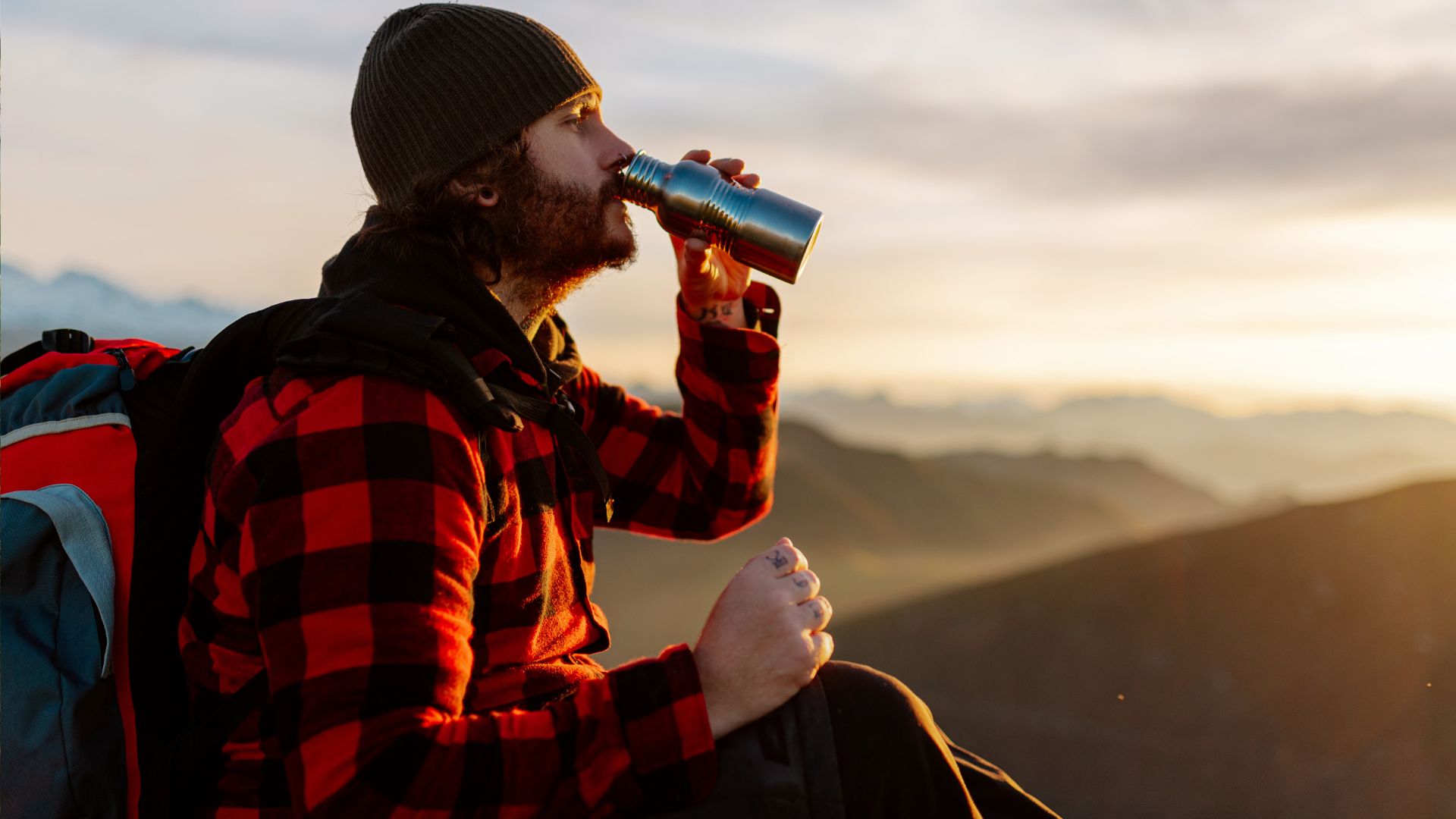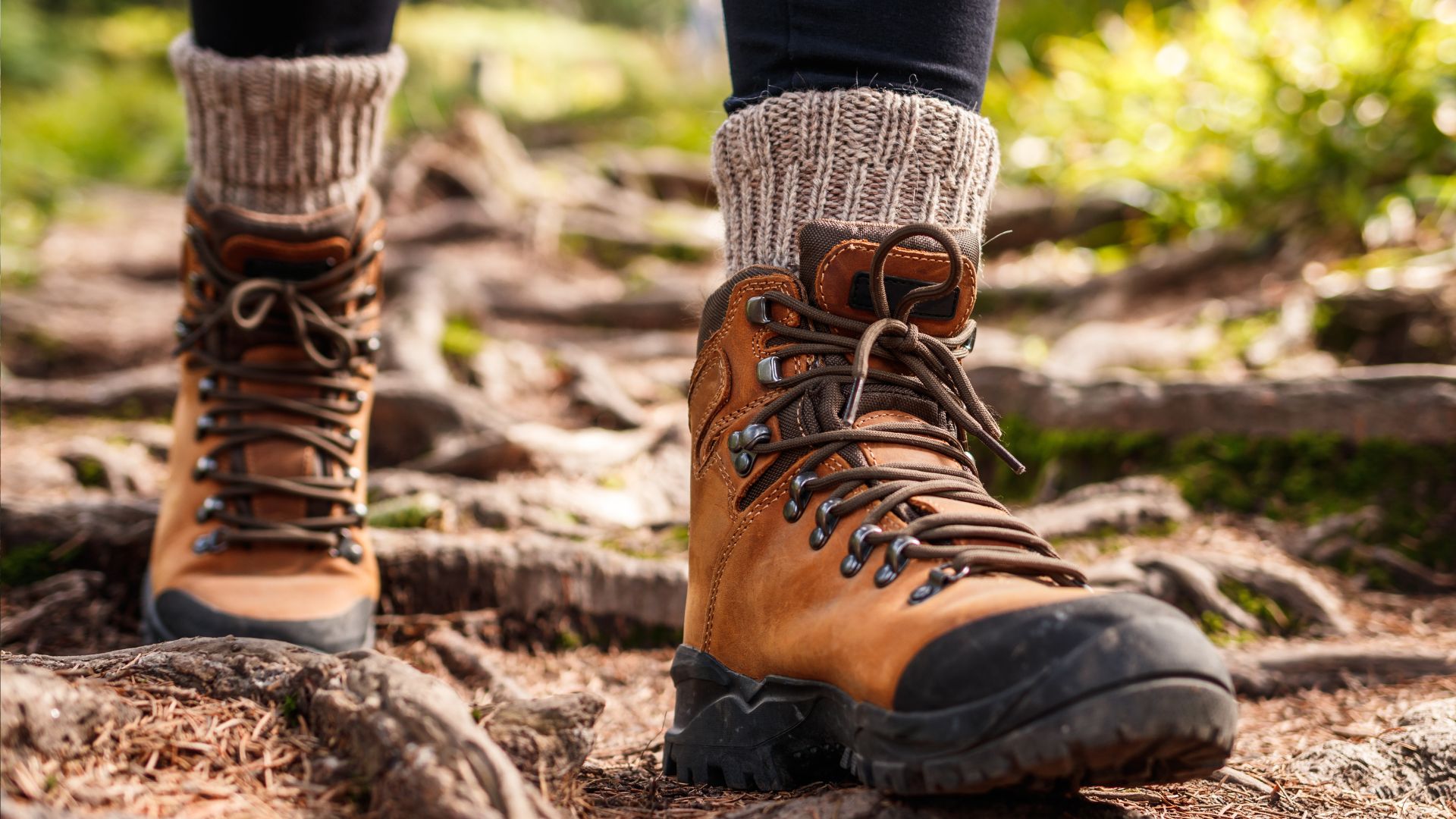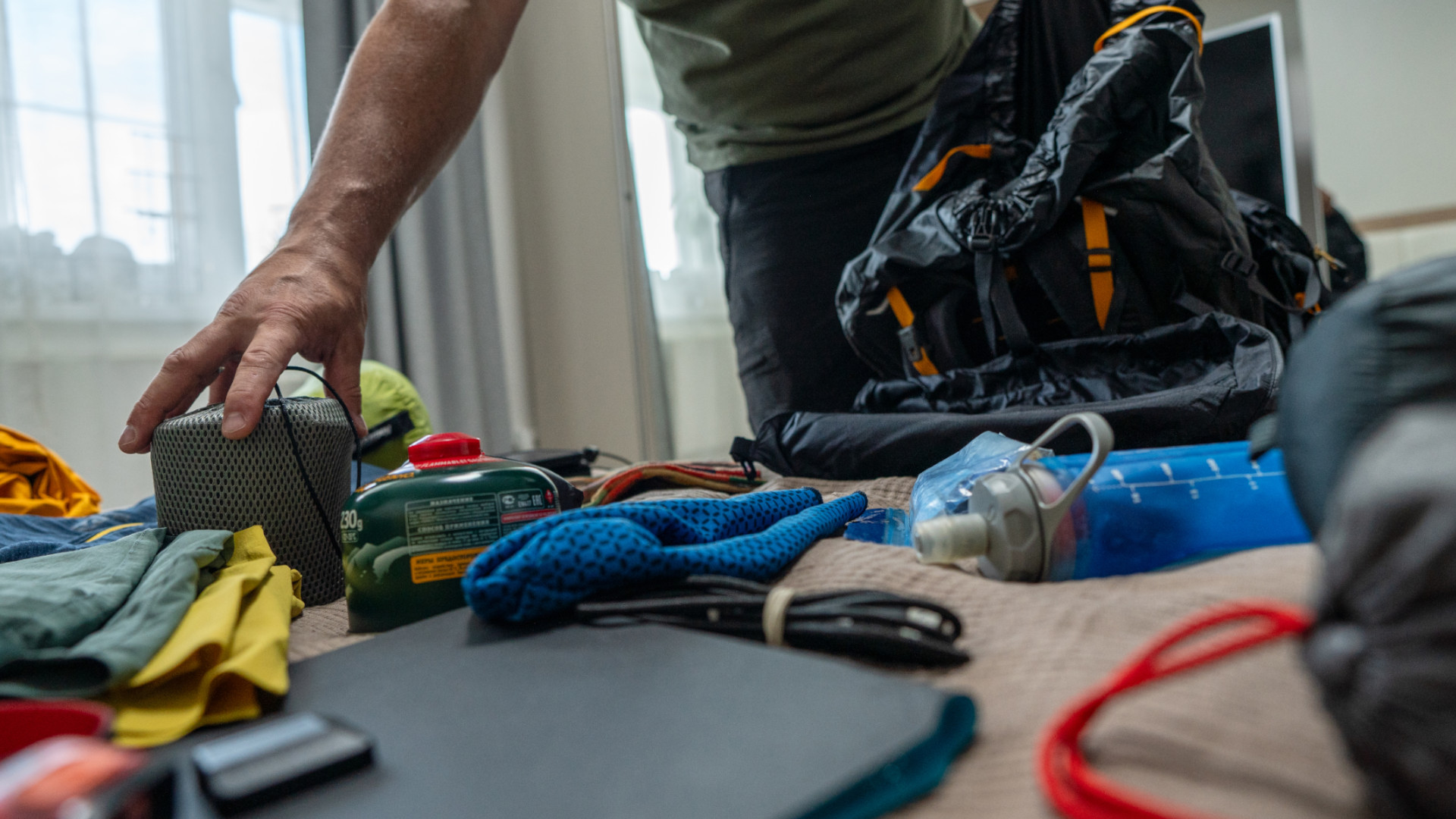
Camping is great fun, isn’t it? A chance to spend time in the great outdoors away from the hustle and bustle of everyday life; explore new surroundings and make memories. But, before the adventure begins, first comes the packing.
When it comes to camping, we often tend to overpack, believing it's better to safe than sorry. But, not only does it take up unnecessary space and add more weight to the load, you don’t end up using half the stuff anyway. Then there’s all the unpacking when you’re back home.
It's also very subjective and items that may work for you might not work for others. That being said, there are some camping accessories you will never want to leave at home, but there are others you definitely can.
Below, Daniel Jones, a wild camping specialist, ranks the best to worst items to take on your camping trip when you're pushed for space, so you know what's really worth it and what's not (minus the obvious, like your tent, sleeping bag etc)...
The items you need
Neck Buff
This probably isn't one that springs to mind when you're thinking of camping essentials, but Daniel reveals that a neck buff is more useful than you think. “It can be used as a hat, to wipe your cook pot dry, help wipe condensation off the walls of your tent, and you can even wrap it around your wrist on those hot days to wipe sweat from your forehead,” he says. Who knew a neck buff could be so multi-functional?
Compact gas stove
A camping stove is a must-have for any camping trip if you want to be able to eat more than dry food and cook up a reliable meal. “Nothing beats a hot meal after a hard day of hiking or unzipping your tent in the morning with a cup of coffee,” adds Daniel.

Head torch
You may never go on your outdoor adventures without your favourite camping lantern, but when you’re pushed for space, Daniel says a head torch is way more efficient in size and space. “Plus they’re are great for finding things in your tent while it's dark,” he adds.
Water purifier
If you're not staying at a site with access to water, you'll need to get your sources elsewhere to stay hydrated and cook with. "A water purifier enables you to filter dirty water into safe drinking water," says Daniel. "If you're aware of water sources along your route, you can simply use your filter-to-filter water from lakes, streams and rivers helping to keep your pack light rather than carrying loads of water."

Camp pillow
A decent night’s sleep should never be underestimated when sleeping under the stars. “For its low weight and relatively cheap price, a camp pillow is a must on my camps,” says Daniel. “It offers that little bit of comfort and beats having to use your rucksack.”
Sleeping mat
An inflatable mattress is definitely the more luxurious option, but if you’re tight for room or wild camping, then a camping mat is far more compact. “Having something to insulate you from the frozen or rough terrain can take the edge off sleeping on the ground,” explains Daniel. “They are the unsung heroes of my camping items.”
The items you can probably leave at home
Camping Chair
Camping chairs are great items for your trip but ultimately add to the weight of your pack. “They’re a great way for me to relax by the tent and watch the sunset but, during long hikes or multiple day trips where the weight of my pack plays a big factor, I'm afraid the camp chair stays at home.”
Hiking Boots
While hiking and camping go hand in hand for many, hiking boots are bulky and heavy. “I usually choose trail running shoes instead,” says Daniel. “They’re lighter on the feet, offer a more natural way to hike, and they allow me to feel more connected to the ground. The time of year and type of terrain will always dictate if I use a traditional hiking boot but, 90% of the time, my hiking boots stay at home. You don't need hiking boots to hike.”

Waterproof rucksack cover
While waterproof rucksack covers do work to an extent, ultimately, Daniel says they’ll let rain in through the back of your backpack. “A better alternative is to use a pack liner,” he says. “These are often cheaper and weigh less, or a bin bag will do the trick.”
Too much clothing
“When it comes to packing clothes for a camping trip people often pack their fears,” Daniel says. “A spare pair of socks, a set of base layers, and a good insulating jacket to keep you warm in your tent is all you need. Weather often dictates what spare clothing you might need, but taking a multiple of the same items of clothing is often overkill.”

Flashlight
You’ve already got a headtorch, so why would you need a flashlight? “You can't use a flashlight hands-free, so replacing your flashlight with a headtorch makes things so much easier and simplistic.” Unless you’ve got oodles of room, it’s not necessary.







